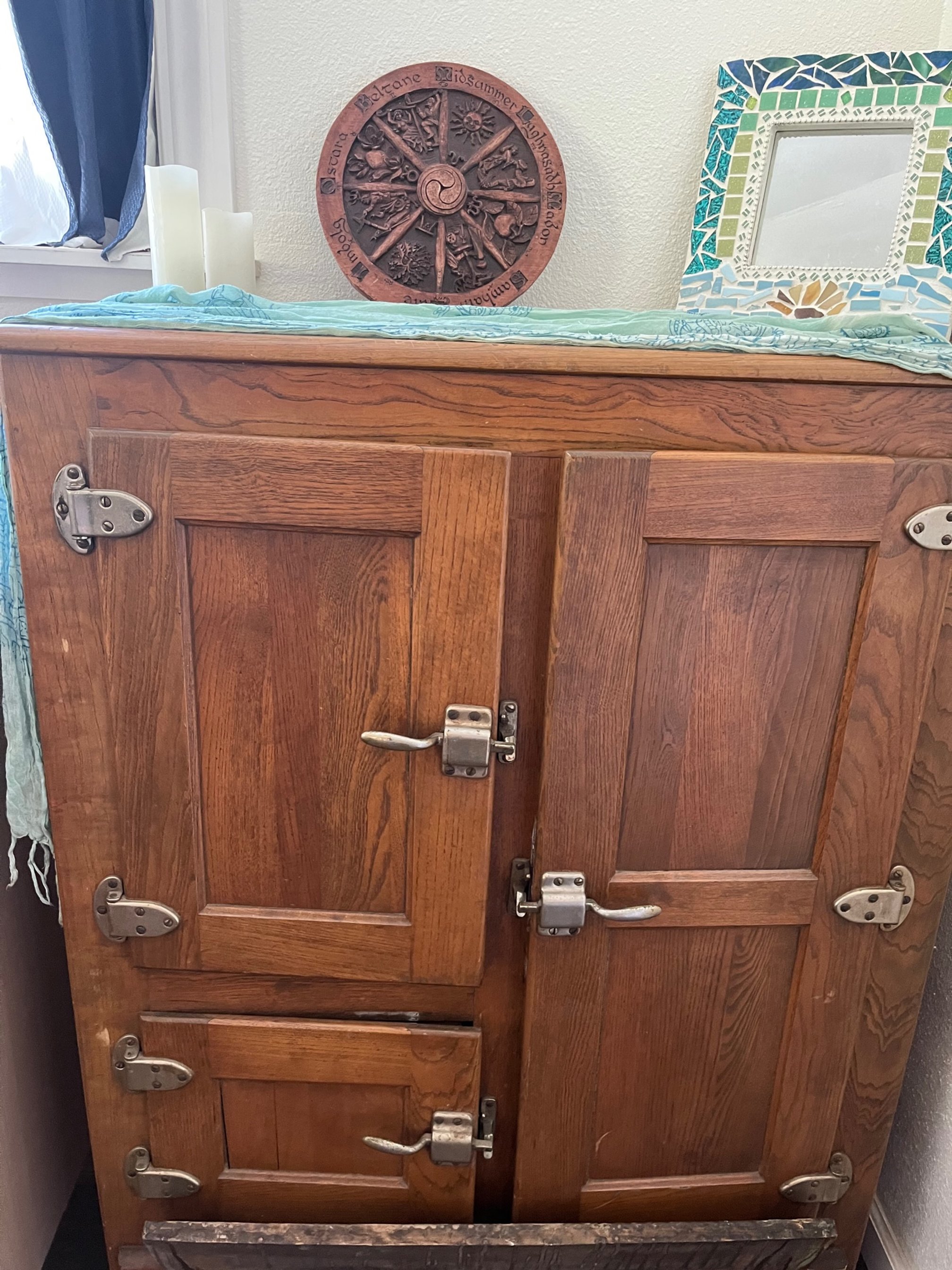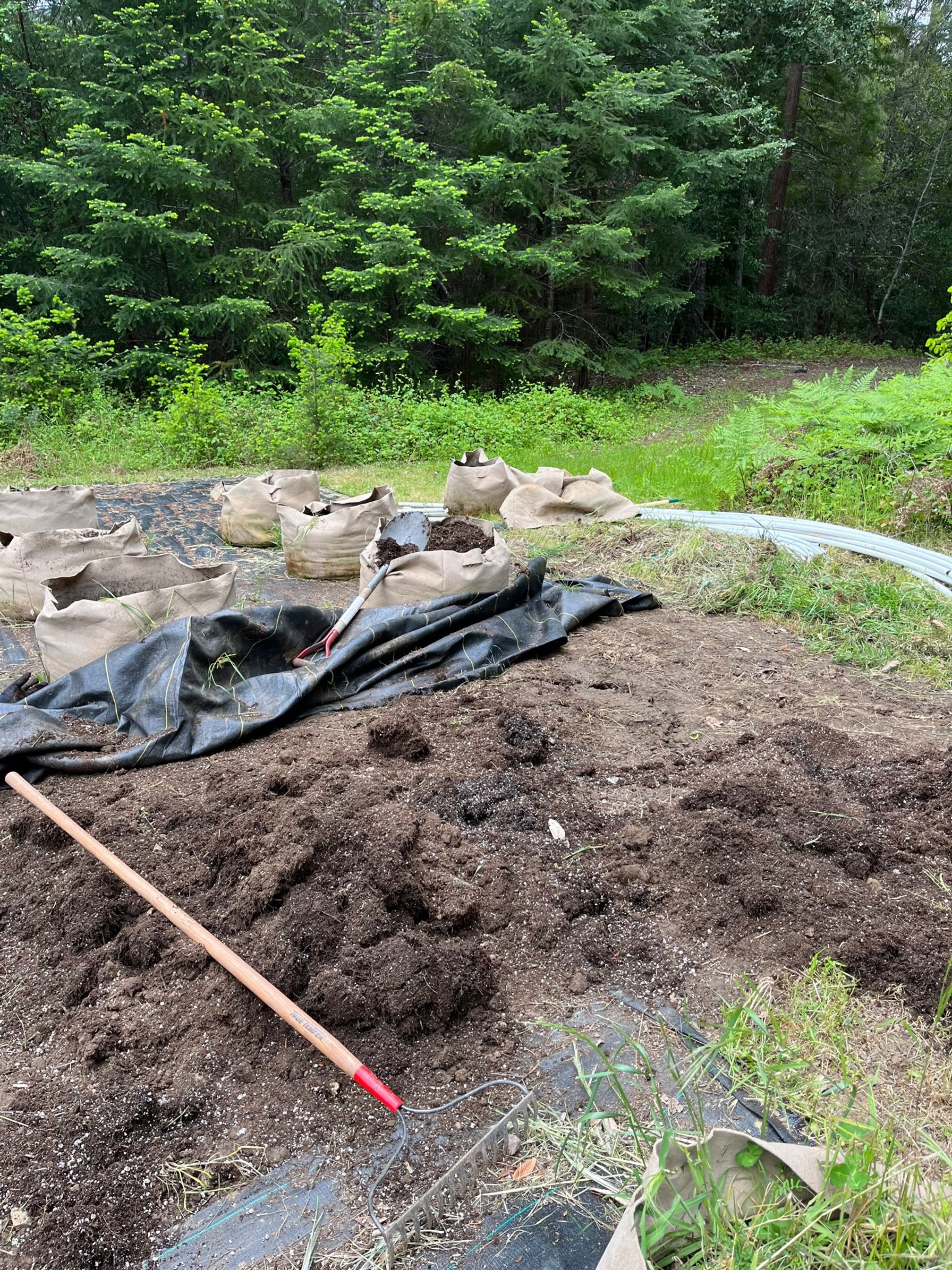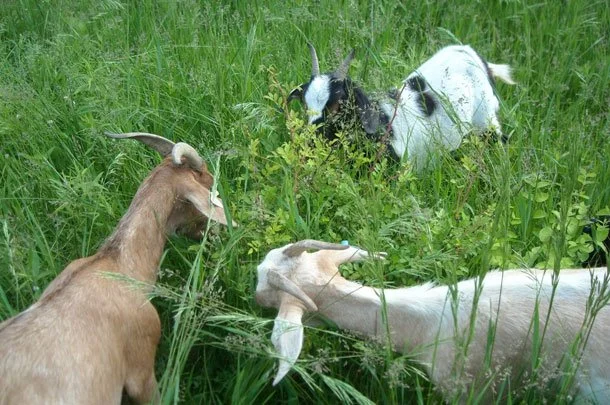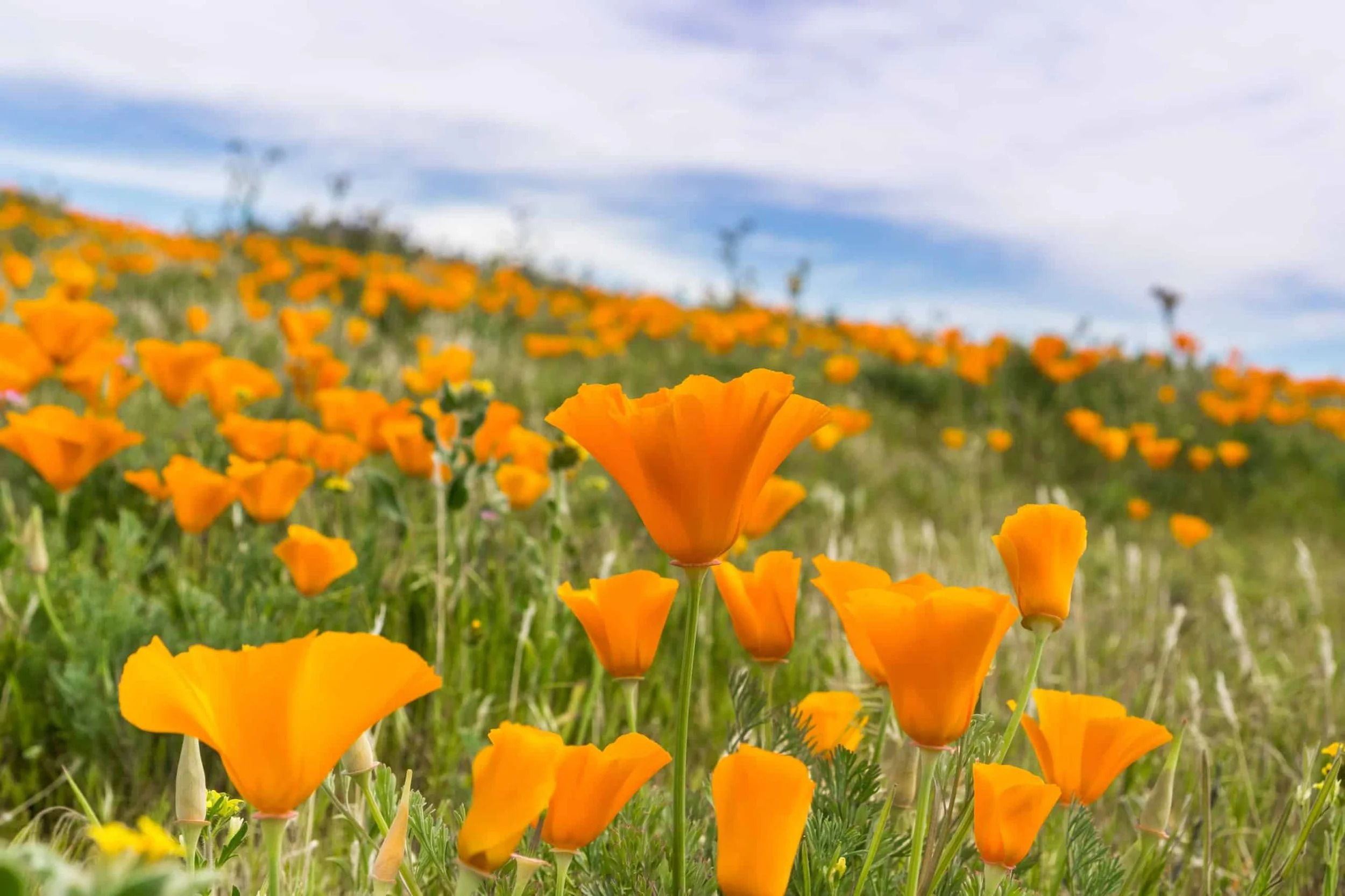Living off grid
Living off grid is an invitation to truly understand the impact of our choices. I hesitate to use that word “understand” because there is a definite feeling that this word still carries it’s original use of the late Middle English (around the 15th century) to mean to stand under. In today’s climate of revolutionary individualism, there is little that is more abhorrent and outdated than “power over” suggestions.
However, when you live offgrid without the convenience of power or electricity, understanding my smallness, the impact of my footprint and use of natural resources becomes of utmost importance. I am now intimately aware of how much power I use, rather than waiting 30 days for the bill. I ask myself what is more needed: charging my phone when I don’t even get reception or the string of LED lights that will illuminate the dark house at night. Do I turn on the propane heater or put on a sweater? Do I carry the battery operated tea light to the bathroom in the middle of the night or trust the motion detector light to turn on before tripping in the absolute darkness? Do I start collecting candles? Will four gallons of frozen water jugs in the icebox really keep our food cool for an entire week? What is the most earth-friendly way to reuse the pearlite soil in the grow pots?
We brought a generator to charge up power tools to cut a new window into the 400 square foot trim room so we can get light and air. It was nicer to use the generator to pump air into our camping mattress, but so loud in the silence of these woods. The extra power will run the weedwhacker to cut down the Russian thistle that could be fire fuel this summer. I would prefer to have goats on the property and have begun to ask around with fingers crossed.
We fill the well’s water tank at the top of the property so there is plenty of pressure for the shower in our little cottage (which is nestled in the hollows 400 feet lower than the well). We turn off the water at the house when we go back to the Eastern Sierra, in case of a flood. For the first time in my life, I understand how the septic system works: waste and water drain into a large tank, bugs eat the poop, and the rest drips into underground leech lines (cement pipes perforated with several holes). I have weeded and dumped the soil of thirteen grow pots onto the leech field. There are fifty more pots to go in this section alone. We cannot park on the leech field nor plant food. But we can seed California poppies.
Does it distress you, as it bothers me, when people offer apathetic, arrogant responses, such as “the earth has been on fire and froze in cycles, no different than now.” We are speeding up climate change through our convenient distance - not everyone has this option. It’s not easy to live without the comforts or to keep trying when there are so many people who would rather never know what happens to human waste, water theft, or plastic bags in the ocean. I used to believe that my positivity and example of “doing good” could awaken others. The speed of consciousness is slower than I hoped and curtailed by the powers that be and corporate-sponsored media that changed the connotation of “awakened” to mean something completely the opposite of what we light workers were aiming for when we first embraced personal transformation attuned with nature. And yet, I will never stop trying to awaken my deepest spiritual self within this human existence to live in more equality with all of life each day.
Words are alive and have power to create.
Our choices do matter.
Be stronger than your excuses.






